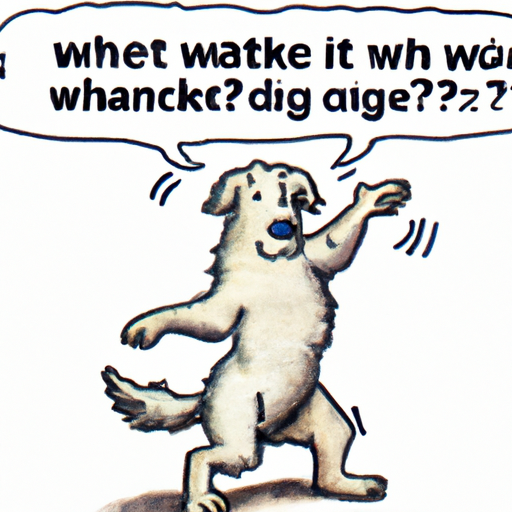As a caregiver, it’s natural for you to be curious about the behavior of your furry friend. One of the most common behaviors you may have noticed is your dog shaking after you pet them.
Understanding Your Dog’s Behavior
Dogs have a complex set of behaviors, and understanding them can sometimes feel akin to deciphering a foreign language. But don’t worry, you’re not alone in this endeavor. Let’s unravel this shaking mystery together!
- Shedding Fur: Dogs often shake to get rid of loose fur. If you’ve been petting your dog, you might have loosened some of this fur, hence the shake.
- Stretching: Similar to humans, dogs shake to loosen their muscles. Your touch might have prompted this need to stretch.
- Emotional Response: Shaking can be a sign of a dog’s emotional state. It might signal excitement, anxiety, or even sheer joy.
The Science Behind the Shaking
Now that you know the possible reasons, let’s dig a bit deeper into the science behind it.
| Possible Cause | Explanation |
|---|---|
| Physical | Shaking helps dogs to realign their fur and warm up their muscles. |
| Emotional | Dogs use shaking as a way to reset their state, helping them to calm down after a moment of high emotion. |
What Does Shaking Mean for Your Dog’s Health?
While shaking is generally harmless, it can sometimes be a sign of health issues. It is crucial to observe your dog’s behavior and seek veterinary help if shaking is accompanied by other unusual behaviors such as lethargy, loss of appetite, or excessive scratching.
How to Respond to Your Dog’s Shaking
As a caregiver, your response can make a significant difference in your dog’s wellbeing.
- Approach with care: If your dog seems agitated or scared, approach them calmly and gently.
- Positive reinforcement: If your dog shakes out of joy or excitement, reward them with a treat or their favorite toy.
- Medical attention: If the shaking seems excessive or is accompanied by other concerning signs, it’s time to visit your vet.
Frequently Asked Questions
Q1: Is shaking harmful to my dog?
No, shaking is a normal behavior for dogs. However, excessive or unusual shaking might indicate health issues.
Q2: Do all dogs shake after being petted?
No, not all dogs shake after being petted. It depends on the dog’s individual habits and responses.
Q3: What should I do if my dog won’t stop shaking?
If your dog’s shaking is persistent, it’s best to consult a vet. They can help determine if there is an underlying health issue.
Remember, being a caregiver means understanding and responding to your pet’s needs. Learning about their behaviors is a significant first step in this journey.



